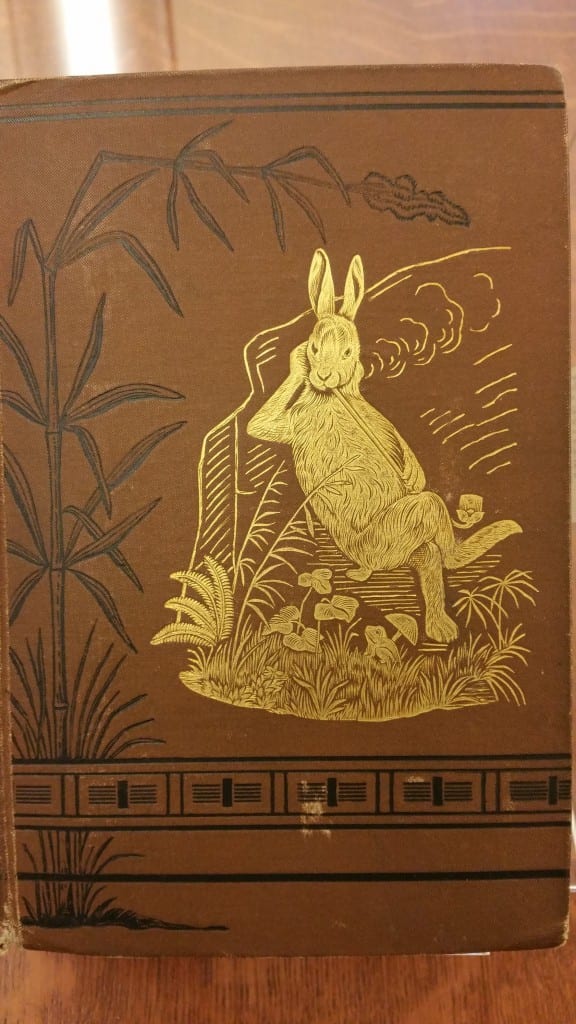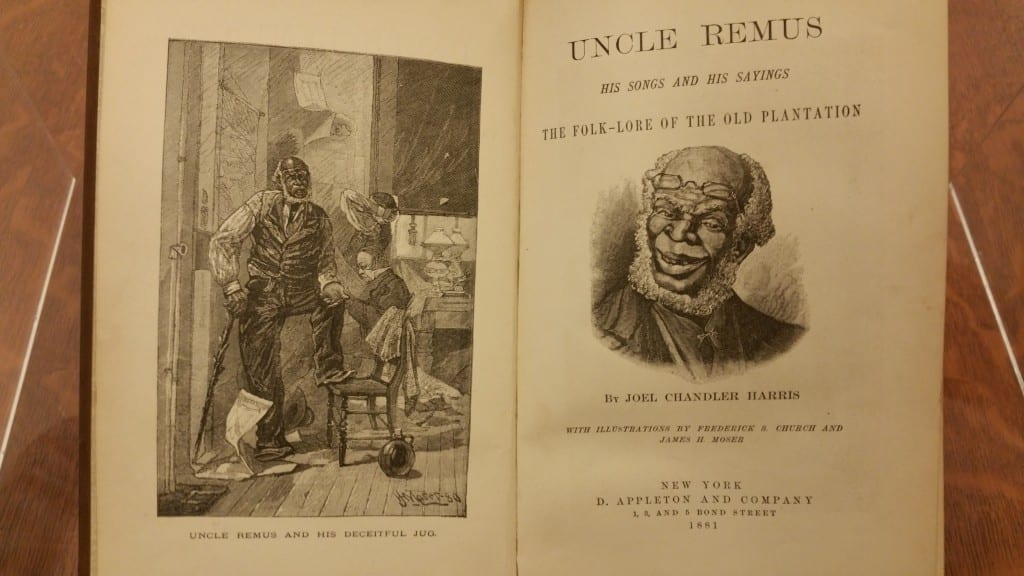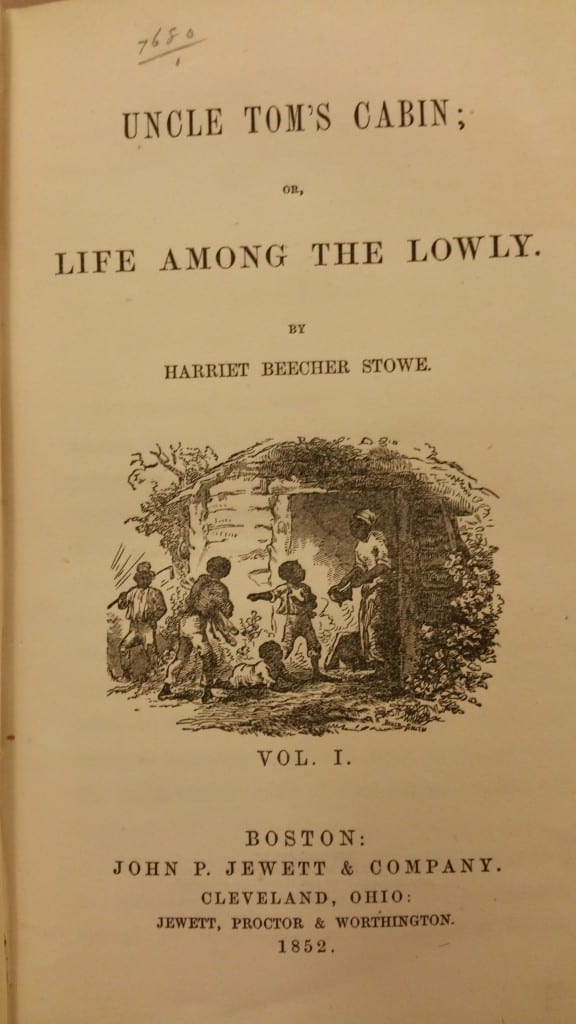Banned Books Week: Uncle Remus
Today we continue our celebration of the American Library Association’s Banned Books Week, a week dedicated to bringing forward challenged books, by looking at some of these books in our collection. This journey takes us to the post-reconstruction United States in the South, in the arms of the beloved Uncle Remus as he passes on traditional African folklore. The comical stories of the mischievous Brer Rabbit, Brer Bear, and Brer Fox entertained the children on Uncle Remus’s lap and readers alike.
The character of Uncle Remus was brought to life by author Joel Chandler Harris. Harris was born in Eatonton, Georgia on his family’s slave plantation, and heard these dialect tales as a child from slaves. He later crafted these tales into a narrative and made them available to a large white audience. Other writers of his generation recorded these stories, but Harris’ creative use of African-American vernacular and ability to further universalize the conflicts between the weak and the powerful made his collection the only one that really caught on with readers.
Harris’ original collection of stories, Uncle Remus: His Songs and His Sayings (1880) has gained popularity across the globe, having been translated into over 40 languages, and it has never gone out of print. Special Collections holds an 1881 edition of this book, which is representative of the beginning of the folklore movement.
To get his works from the original storytellers to readers around the world, Harris was said to have found inspiration in a novel nearly equal in controversy: Harriet Beecher Stowe’s Uncle Tom’s Cabin. At Special Collections, we have several editions of Uncle Tom’s Cabin in a variety of languages, with the 1852 first edition being shown here. Both novels deal with the spread of opinions of race, slavery, and discrimination through storytelling to young children. Even as a piece of anti-slavery groundwork for the Civil War, Harris felt Stowe’s novel remained sympathetic to the institution she wished to condemn by painting a too-generous picture of the slave master. Through the Uncle Remus stories, Harris attempted to set aside the southern defeat that had divided America, and instead create a romantic and endearing story to reconnect the two sides. This charges the main controversy, both at the time of publishing and still today.
Many readers and scholars have noted the theme of race and presence of racial stereotypes would still be offensive to modern readers, earning the stories what seems to be a permanent seat on the banned books list. Further adding to the controversy of Uncle Remus, Disney produced a movie in 1946, Song of the South, as a visual interpretation of Harris’s work. The movie never was made available for public purchase because of the same racial themes, despite it’s famous song “Zip-A-Dee-Do-Dah” and legacy as Disney’s first film to feature “flesh-and-blood-players” (Song of the South’s 1946 Campaign Book). What scholars have called “the negro situation” has resulted in Disney Park’s Splash Mountain log flume as perhaps one of the only tangible memories of Song of the South.
Despite the challenged legacy of the stories, historical merit remains strong. President of the Georgia Association of Black Elected Officials, Tyrone Brooks, believes:
“There should be an appreciation of all that history because it tells you where we were, and how far we’ve come. But it also tells you have far we have to go.”
Looking back on this piece of reconstruction history and analyzing sources like Harris’s works, although controversial, allows us to accomplish the very thing Brooks is describing. Controversy can breed change even in contemporary times.


